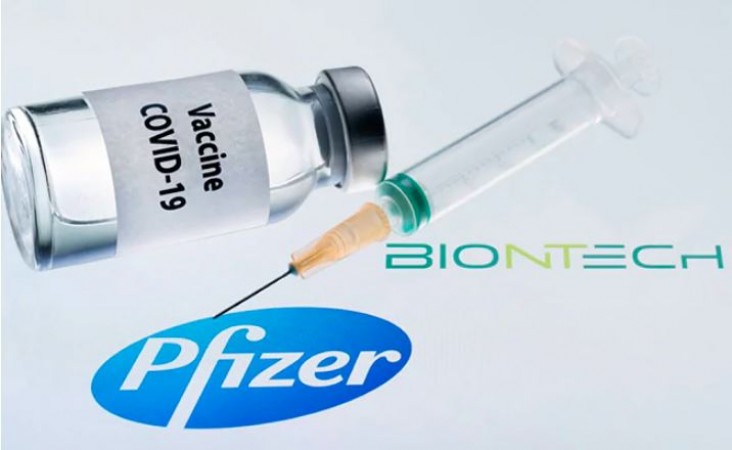
Pfizer, CornoaVac Study: Despite the low absolute risk, researchers have discovered that the Covid vaccine, created by Pfizer in the United States, and China's CoronaVac, are connected with an increased relative risk of carditis, a kind of heart inflammation.The findings, which were published in Annals of Internal Medicine, demonstrate that following the second dose, teenagers are at a significantly higher risk.
Pfizer-vaccinated patients were three times more likely than uninfected people to develop carditis. Patients who received CoronaVac, on the other hand, had a similar likelihood of contracting carditis as those who had not been vaccinated.
Researchers from the University of Hong Kong discovered that the risk increase related with Pfizer's Covid vaccination was more likely to be found after the second dosage and was more prevalent in males. "Rather than assuming a one-size-fits-all' strategy, vaccination regimens may need to regularly examine the risks and benefits for diverse sub-populations," they advised.
Carditis is an uncommon kind of cardiac inflammation brought on by bacterial, viral, or parasite infections. Myocarditis, an inflammation of the heart muscle, and pericarditis, an inflammation of the heart's outer lining, are two common subtypes of carditis. Carditis cases have been reported all throughout the world following vaccination with the PfizerA vaccine.
COVID-19 vaccination results significant reduction in death: ICMR
Scientists discover possible lung cancer diagnostic and therapeutic target